Investigating the Global Dust Storm in Mars Year 28 with Mars Express
- 1Mullard Space Science Laboratory, University College London, United Kingdom of Great Britain (catherine.regan.19@ucl.ac.uk)
- 2Centre for Planetary Science at UCL/Birkbeck, United Kingdom
- 3University of Leicester, United Kingdom
- 4Swedish Institute of Space Physics, Sweden
- 5Southwest Research Institute, Texas, USA
- 6IRAP, Universite de Toulouse, Toulouse, France
Global dust storms at Mars engulf the entire planet in a dusty haze, causing increases in temperature and ion escape as dust is lifted up to 80 km in altitude. The two most recent storms occurred in 2007 (Mars Year (MY) 28) and 2018 (MY34), and have been observed by spacecrafts such as Mars Express (MEx). MEx has been operating at Mars since 2004, and has produced a long time-base of plasma measurements from as low as 250 km. Using MEx, we investigate whether the 2007 dust storm has influenced the magnetosphere of Mars by looking at the position of the bow shock and induced magnetospheric boundary, compared to the expected position provided by 3D magnetohydrodynamical models. To identify boundary positions, we use data from the ASPERA-3 instrument (Analyser of Space Plasma and EneRgetic Atoms) onboard MEx, which contains an electron spectrometer (ELS), ion mass analyser (IMA), neutral particle imager (NPI) and neutral particle detector (NPD). For this study, we use data from ELS and IMA. We consider a number of influences on the boundary position, including the solar wind conditions and the crustal fields. Our study period includes time before, during, and after the MY28 global storm, and we expected the bow shock and induced magnetospheric boundary to increase in altitude due to the storm. Out results show that the system is more complex, and multiple influences need to be distinguished to leave any change due to the dust storm itself.
How to cite: Regan, C., Coates, A., Wellbrock, A., Haythornthwaite, R., Jones, G., Sánchez-Cano, B., Holmström, M., Frahm, R., and Garnier, P.: Investigating the Global Dust Storm in Mars Year 28 with Mars Express, Europlanet Science Congress 2022, Granada, Spain, 18–23 Sep 2022, EPSC2022-527, https://doi.org/10.5194/epsc2022-527, 2022.

